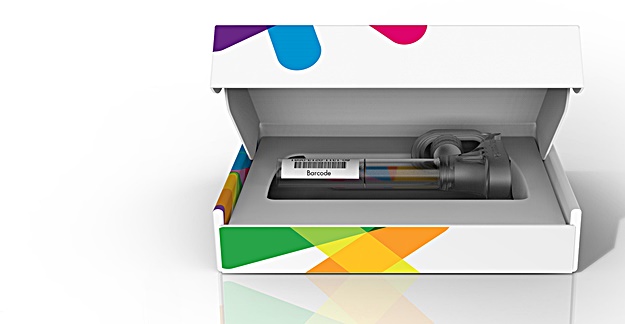The FDA has approved the first-ever genetic tests that allow consumers to determine if they are at risk for developing certain diseases or conditions.
The 23andMe Personal Genome Service Genetic Health Risk (GHR) tests check for 10 diseases or conditions based on a person’s inherited genetics. The hope is that if someone knows they may be at risk for a certain disease, their doctor will also know and take necessary steps or make lifestyle changes.
The tests work by analyzing DNA in a saliva sample, which is then examined for more than 500,000 genetic variants. The presence or absence of some of these variants is linked to an increased risk for developing certain diseases or conditions, including Parkinson’s disease, Alzheimer’s disease, celiac disease and primary dystonia, a disorder characterized by uncontrolled muscular contractions or other movements.
Risks with the tests are primarily getting false positive or false negative readings. The FDA cautions that test results should not be used to diagnose or inform a treatment decision, and should be discussed with a health care professional.






